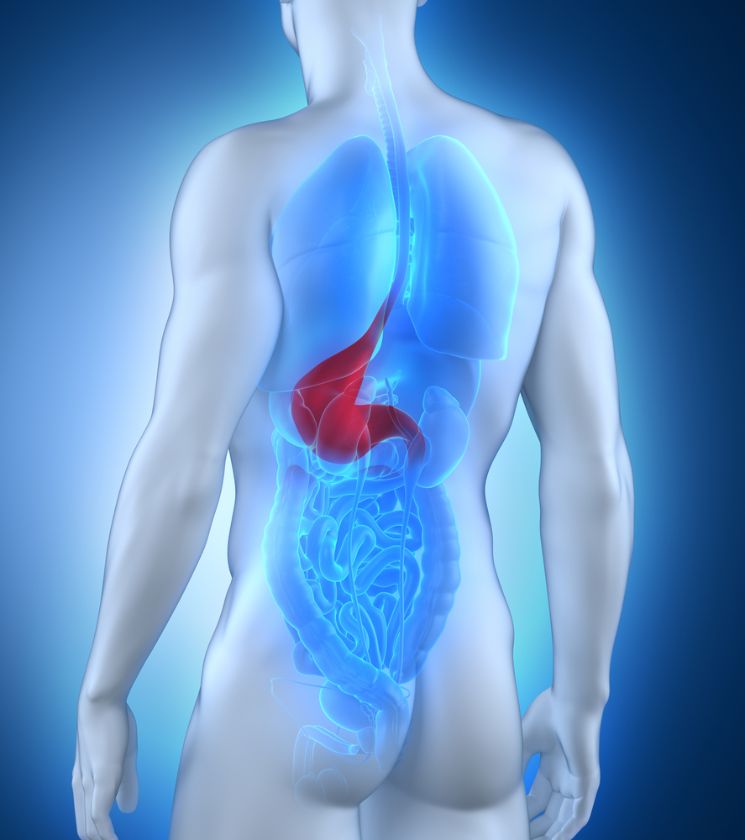People with esophageal carcinoma have cancer that starts in glandular cells in the lower part of the esophagus. The abnormal cells grow quickly and divide more often than normal cells do. This leads to a growth that can form a tumor. Eventually, the tumor can grow large enough to interfere with your ability to swallow food. The disease can also spread to other parts of the body.
Difficulty swallowing (dysphagia) is the main symptom of esophageal cancer. Over time, the tumor can narrow your esophagus and make it difficult or painful to swallow. The cancer may also cause other symptoms, such as trouble breathing or heartburn.
The cancer can be cured if it is found and treated early. Your chances of being cured depend on the stage (how far the cancer has spread) and whether it can be removed with surgery. A doctor can find out how far the cancer has spread by examining your lymph nodes and doing other tests. These include computed tomography (CT) scans, positron emission tomography (PET) scans, endoscopic ultrasound, and thoracoscopy. These tests show how well your esophagus and other organs are working.
If your esophageal cancer is at an early stage, treatment can help keep it from spreading. Your doctor might treat you with chemotherapy, radiation therapy, or both. You might also have a type of surgery called esophagectomy, in which your surgeon removes part or all of the esophagus and rejoins it to your stomach. Occasionally, they might use tissue from the stomach or large intestine to replace part of your esophagus.

You might have chemotherapy and/or radiation before surgery to shrink the tumour. This is called neoadjuvant treatment. For esophageal adenocarcinoma, your doctor might also recommend immunotherapy. This treatment targets the cancer cells without harming healthy cells.
Esophageal cancer that has spread to other parts of the body is called metastatic esophageal cancer. It is more difficult to cure than esophageal cancer that has not spread.
Some risk factors for esophageal cancer are being older and having a history of smoking. It is more common in men than in women. Other risk factors include long-term exposure to chemicals or irritants such as soot, metal dust, or exhaust fumes; being overweight; and having had other cancers in the head or neck.
The survival rate of esophageal cancer depends on how well it is treated and the stage (whether the cancer has spread). The five-year survival rates range from about 20% to 47%. The survival rate is lowest when the cancer has spread to other areas of the body. This is because these cancers are harder to treat when they spread.









